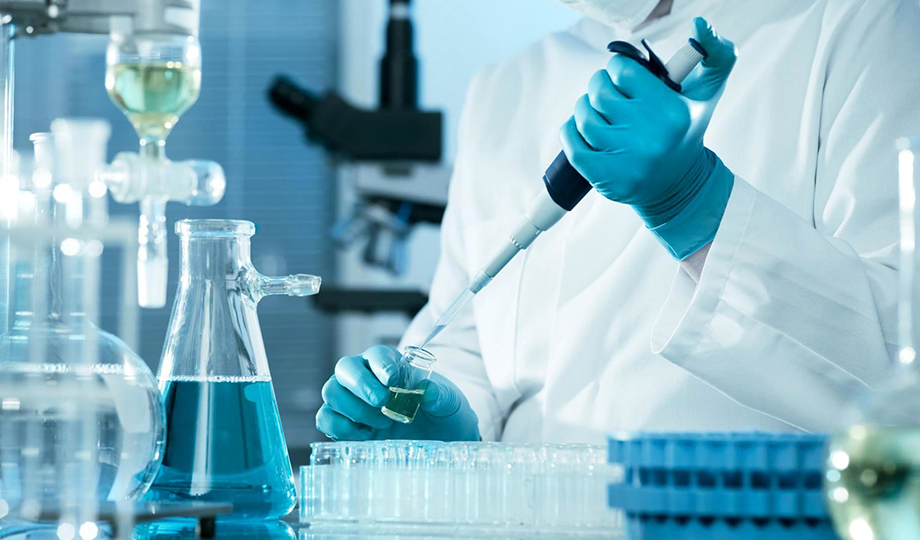What is the economic value of medical research? A new study from Brunel University London and King’s College London suggests we now know the answer – for every £1 invested, society benefits by 25p per year, every year, forever.
The figure is the culmination of a decade-long series of ‘What’s it Worth?’ studies – backed by a consortium of high-profile funders including the Medical Research Council, the Wellcome Trust, and the Academy of Medical Sciences – which set out to understand the economic return of public and charity-funded medical research.
The final paper in the series, published in the journal Health Research Policy and Systems, investigated the return on investment from musculoskeletal disease research, and supported the findings of similar studies into cancer and cardiovascular research.
Emeritus Professor Martin Buxton, former Director of Brunel’s Health Economics Research Group (HERG) who led the research, said: “It has always been easy to identify specific examples of impact – the selective good news stories that show the value of a particular piece of research – but we know that inevitably other research in the same area may have been much less successful.
“The studies we have done address the important question as to whether there is an economic return on the totality of research spending in a broad area. And for the three areas of medical research that we have studied, that clearly is the case.”
It’s hoped that a better understanding of the economic impact of research investment will help provide accountability, secure future funding, and demonstrate how research translates into real-world health improvements.
Dr Ian Viney, Director of Evaluation at the Medical Research Council, said: “When tough decisions have to be made about where to invest public funds for the best economic return and benefit to the nation, it’s vital to have robust research showing the positive returns from medical research – both through improved health and from wider private sector investment.
“UK medical research is skilfully coordinated across the country by public and charitable funding agencies, working closely with excellent research organisations. This study highlights how decisions to back excellent research can deliver significant benefits for society and how these benefits can be quantified.”
How the figure was calculated
The headline stat, that every £1 invested sees a return of 25p per year, forever, was reached by combining two strands of figures – the net monetary value of improved public health and quality of life, and the extent to which public research stimulates private investment in the commercialisation of new products and research.
“First, we calculated the average investment in UK musculoskeletal research between 1978 and 1997, and then worked with experts in the field to identify research-based treatments, their use in the NHS, and the health gain linked to these treatments – measured in Quality Adjusted Life Years or QALY,” said Prof Buxton.
“Valuing each QALY at £25,000 allowed the team to calculate the value of the health improvements resulting from the treatments. The team then subtracted the cost to the NHS of delivering these treatments, giving us the net health gain. “
The team then determined the proportion of relevant research that was attributed to the UK, and measured the time lag between the initial research investment and its impact on clinical practice – a figure that currently stands at 16 years for musculoskeletal research.
“Combining all these factors resulted in the estimate that every £1 invested in UK musculoskeletal research has delivered a rate of return equivalent to 7p every year, forever,” said Prof Buxton.
The second strand determined the musculoskeletal research’s wider benefit to society by quantifying how much private investment was stimulated by public and charity funding.
“Previous research estimates that every £1 invested in UK medical research in the past has delivered a rate of return equivalent to 15p and 18p per year, forever, for the wider benefits to the economy,” said Prof Buxton.
“Adding these two elements together gives an overall estimate that every £1 invested in UK musculoskeletal research delivers a return equivalent to between 22p and 25p every year, forever – a figure in line with our research into cancer and cardiovascular disease.”
To find out more about the work of HERG, please visit www.brunel.ac.uk/herg
For further information, please get in touch with:
Tim Pilgrim, Media Relations
+44 (0)1895 268965
tim.pilgrim@brunel.ac.uk










